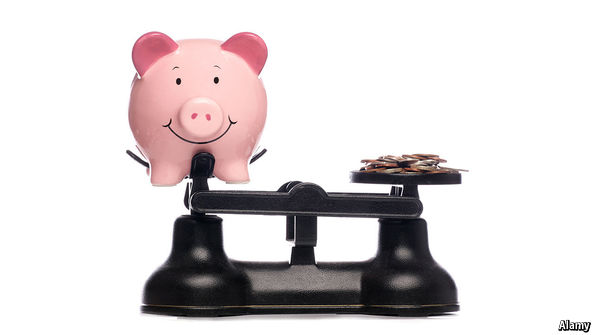
What is a current-account deficit?And should it be a cause for worry?
The Economist | 7 April 2017
ECONOMISTS often worry about a country’s current-account deficit. Turkey’s is around 4% of GDP. Last year Britain’s was around 4.5% of GDP. America has also run a large current-account deficit for years. What does this mean, and should people worry about it?
At its simplest, a country running a current-account deficit is a net borrower from abroad. Think of it as a measure of the flow of a country’s assets from residents to non-residents. If Britain is running a current-account deficit, for instance, it means that non-British residents are accumulating British assets. A deficit usually arises when a country is importing more than it is exporting (ie, it is running a trade deficit). But it can also arise when overseas investors’ returns on assets held in the domestic economy exceed the returns held by domestic investors in overseas economies.
A current-account deficit is not necessarily a bad thing. The main reason Britain has run a large current-account deficit in recent years is because its investments abroad, largely in Europe, have performed badly (hardly a surprise given the weak economic performance of Europe in recent years). So the flow of investment income back to Britain has been low. But overseas investors in Britain have seen fairly decent returns. With Britain generally a stable, well-run place, it is not surprising that foreign investors choose to park money in Britain each year. Their investments prop up the value of the pound, and thus allow Britons to enjoy cheaper imports. Their capital can also be put to good use, in the form of investment.
Yet a big deficit is a vulnerability. If investors decide that they don’t much like the look of a country, they can refuse to finance the deficit, sending the currency plunging. (The worry is that precisely this may happen to Britain, if it falls out of investors’ good books.) And to finance a current-account deficit can require selling off assets, such as factories and firms, which can ultimately damage the economy’s productive potential. So while a big current-account deficit does not necessarily set alarm-bells ringing, it is worth keeping an eye on.


No comments:
Post a Comment